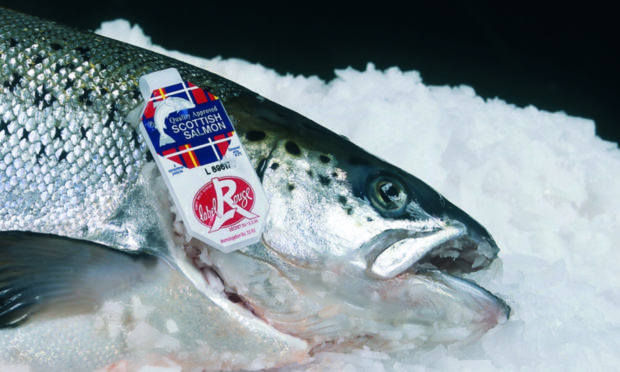Seafood exporters affected by the challenges of adjusting to new rules post Brexit can apply for a share of a newly opened pot of UK Government cash, worth a total of £23 million.
The Seafood Disruption Support Scheme (SDSS), announced last month, is for firms that suffered a financial loss because of delays related to the export of fresh or live fish and shellfish to the EU during January.
Up to £100,000 per business will be paid retrospectively to cover losses incurred between January 1-31.
The UK Government is also offering targeted support to help exporters with new processes.
This includes a seafood exports working group, meeting twice a week to troubleshoot issues raised by the industry, and a newly formed Scottish seafood exports task force.
Meeting for the first time this week, the task force draws together government officials and industry representatives from the catching, processing and aquaculture sectors to specifically drive forward the seafood sector in Scotland.
In addition, the government has pledged to spend £100m to help modernise fishing fleets and the processing industry, and “rejuvenate a historic and proud industry” in the UK.
This is on top of support worth £32m that will replace EU funding this year.
We will continue to work closely with the fisheries and seafood industry through our seafood exports working group to troubleshoot any issues that cause delays to the export of these highly perishable goods.”
Victoria Prentis, Fisheries Minister
Opening applications to the SDSS, the Department for Environment, Food and Rural Affairs (Defra) said the cash was being made available “in recognition of the unique circumstances currently affecting the seafood exporting sector at a time when the industry is facing lower market prices and demand due to the pandemic”.
Fisheries Minister Victoria Prentis said: “Seafood exporting businesses across the UK can apply from today for support from this £23 million scheme, reflecting the unique challenges faced by the sector.
“We will continue to work closely with the fisheries and seafood industry through our seafood exports working group to troubleshoot any issues that cause delays to the export of these highly perishable goods.”
Future opportunities
Scotland Office Minister and Banff & Buchan Conservative MP David Duguid added: “While recognising that huge efforts went into preparing for the required changes as we exited the EU, there are many who have incurred losses through no fault of their own.
“The UK Government is, therefore, stepping up with the Seafood Disruption Support Scheme.
“I have been engaging with the industry for many months and continue to work with all sections of the seafood sector in Scotland as we move to maximise future opportunities and adapt to new rules.”
The scheme, administered by the Marine Management Organisation (MMO) on behalf of Defra, is a UK-wide fund offering financial assistance based on a proportion of losses that can be verified up to a maximum of £100,000 per business.
Qualifying firms must be registered at Companies House or have evidence they are a sole trader, partnership or other legal entity.
They must also have fewer than 250 employees, annual turnover under £36m, and less than £18m on their balance sheet.
In addition, applicants must be able to prove the expected value of their seafood consignments.
Shipments affected by export rules that prevent the movement of goods to the EU aree “outside the scope of the scheme”.
The call for applications closes on February 28 and payments are expected to be issued during March.
Further eligibility conditions apply and are outlined in the full scheme guidance published on the MMO/Defra website.
Post-Brexit customs issues and technical glitches caused massive delays for seafood exports during January, prompting a protest in central London involving dozens of lorries.

